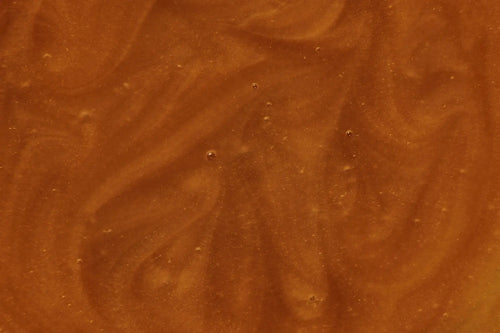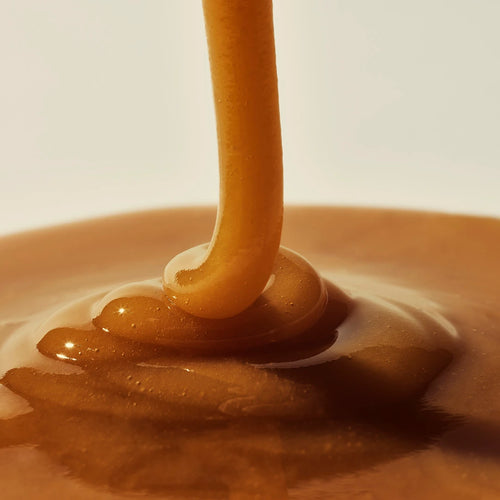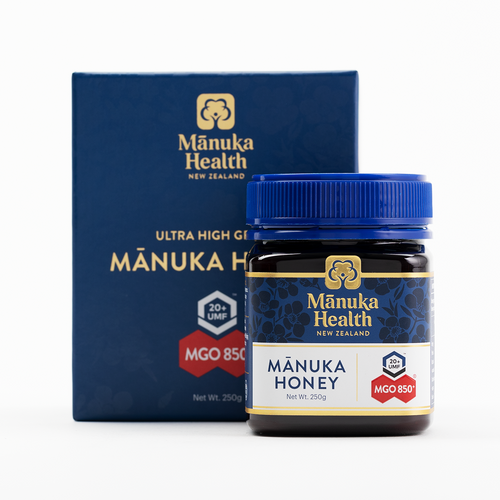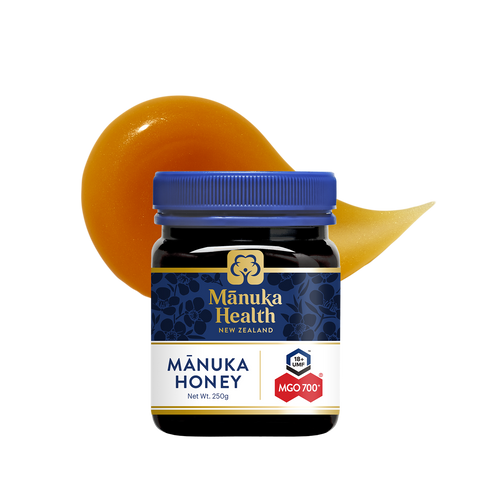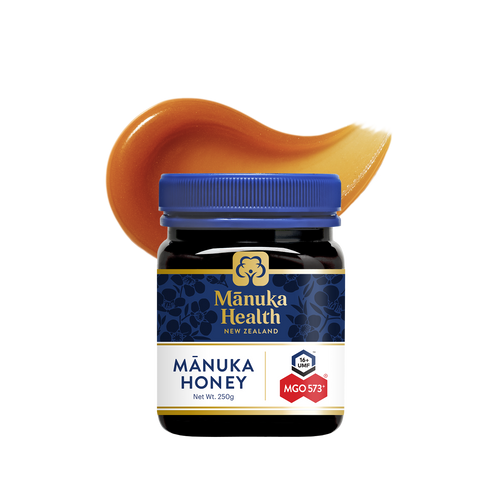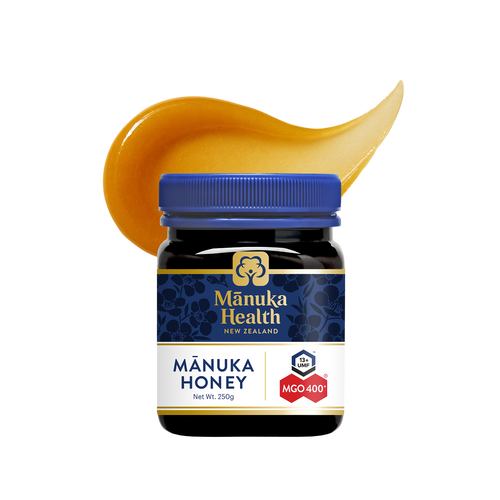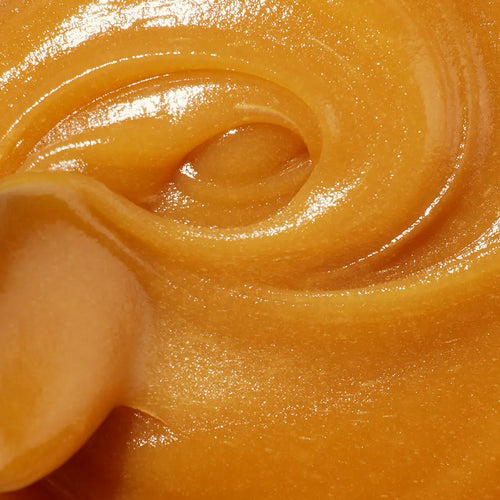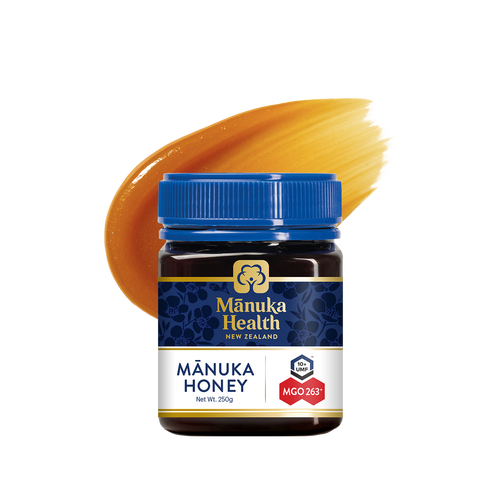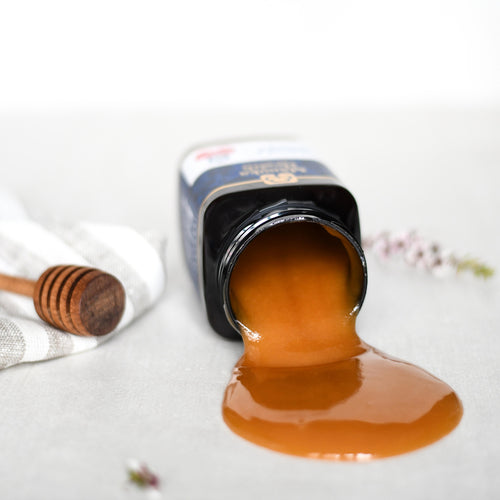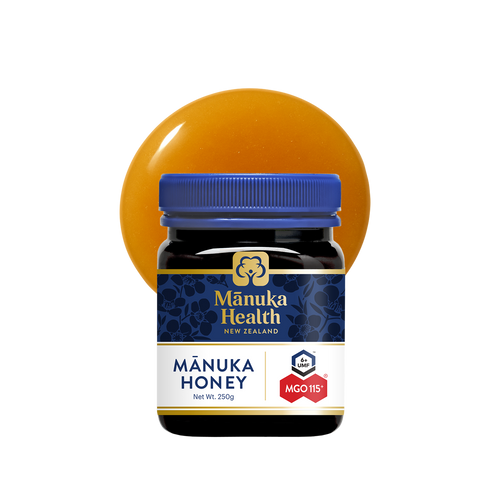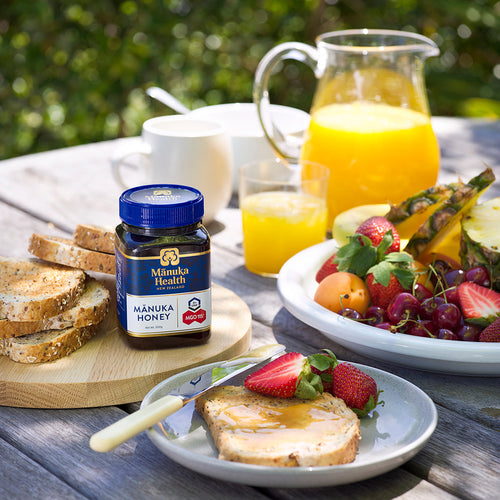Prioritizing Bee Welfare and Sustainability
In recent years, the conversation about ethical farming practices has gained significant traction, and beekeeping is no exception. As awareness grows regarding the origins of our food and products, it's essential to emphasize practices that also prioritize bee welfare.
At Mānuka Health, we are proud of our dedication to cruelty-free beekeeping, reflected in our impressive statistic: less than 9% of our bees die each year. In New Zealand, where our hives are situated, the average mortality rate for commercially kept bees typically ranges from 10% to 30%. In contrast, the rate in the United States can vary from 20% to 40%, largely due to the stresses of frequent movement across the continent for pollination and honey production. These mortality rates are also influenced by factors such as disease prevalence, environmental stressors, pesticide exposure, and management practices.
Let’s delve into the practices that help us maintain our low mortality rate and the ethical considerations that guide them.



